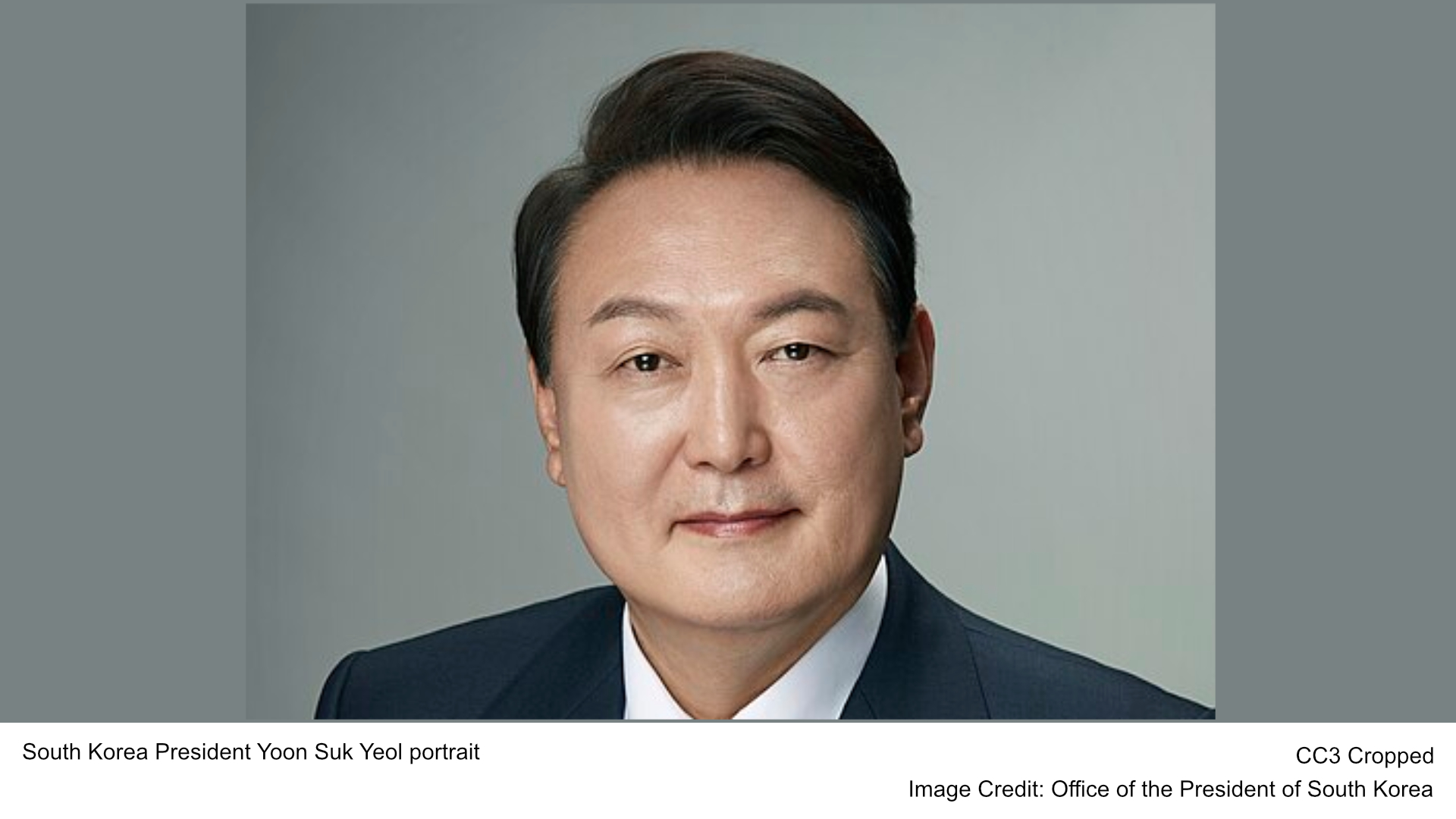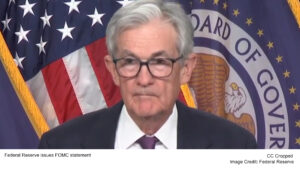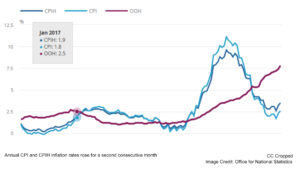South Korea experienced a political upheaval with President Yoon Suk Yeol’s martial law declaration. This development sparked concerns about political stability and economic repercussions. The situation stabilized after a few hours, with martial law lifted following a unanimous National Assembly vote.
- South Korea briefly experienced martial law under President Yoon Suk Yeol, but it was lifted following a unanimous National Assembly vote, calming initial fears of prolonged instability.
- S&P Global Ratings reaffirmed South Korea’s AA credit rating, citing the nation’s strong economic fundamentals despite the political upheaval.
- The situation has sparked labor unrest, with Hyundai workers and the Korean Confederation of Trade Unions demanding Yoon’s resignation and threatening further strikes.
- Bond yields reflected market caution, with slight increases in the three-year and 10-year yields, as concerns about potential impeachment and long-term impacts linger.
Sources like S&P Global Ratings assessed the impact on South Korea’s sovereign credit rating. They concluded that the brief imposition of martial law does not warrant a change in the country’s credit rating. The stability demonstrated aligns with South Korea’s current AA rating, reflecting its fundamentally sound economy.
Financial experts, however, caution that the political turmoil could have long-term economic impacts. The potential impeachment of President Yoon could create a new wave of uncertainty. This uncertainty could affect consumer and business sentiment, potentially slowing economic activity.
Korean bond yields reacted to the political events. The three-year bond yield increased slightly, while the benchmark 10-year yield rose by 2.3 basis points. These movements indicate a cautious market outlook amid the ongoing political situation.
Hyundai Motor Co. workers, represented by the Metal Workers’ Union, announced a strike in response to the martial law declaration. The union demands President Yoon’s resignation, with plans for a full strike if he does not step down. The Korean Confederation of Trade Unions also launched a general strike, amplifying pressure on the government.
The political events in South Korea highlight the interconnectedness of governance and economic stability. Investors and businesses remain vigilant as the situation unfolds. South Korea’s experience serves as a reminder of the delicate balance between politics and economic confidence.







Be First to Comment